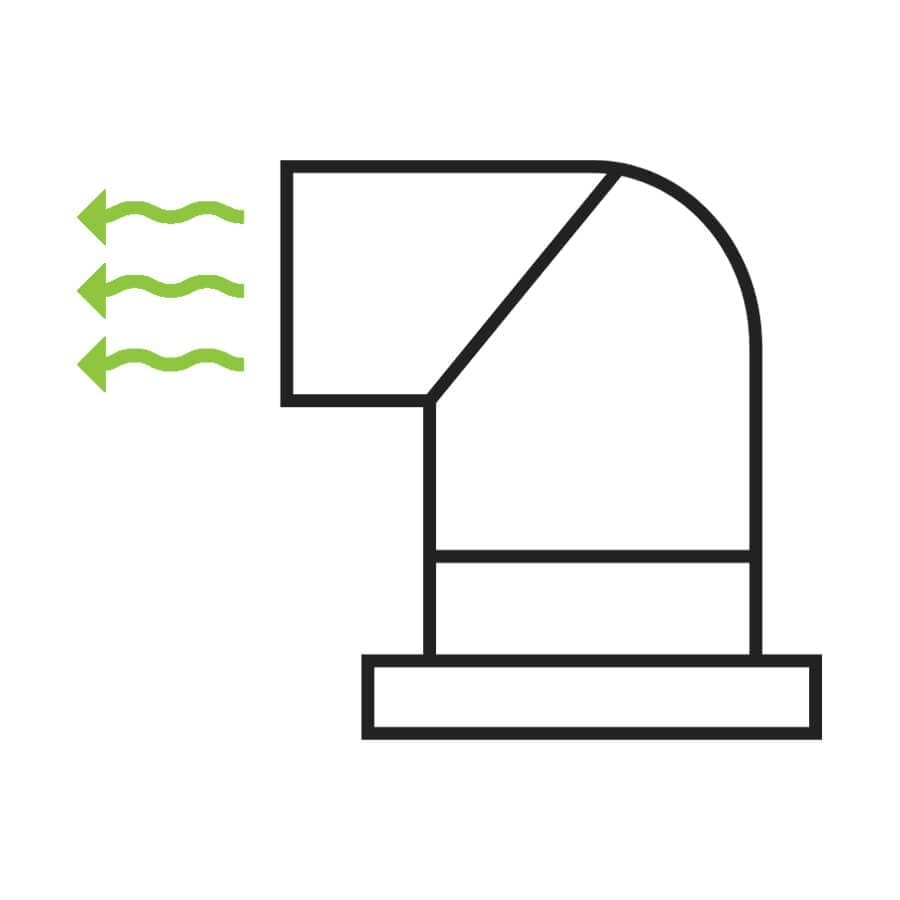Many, many, many things can go wrong with a home’s heating, ventilation and air conditioning (HVAC) system. HVAC issues can arise at any time. As a homeowner, it’s important to learn how to recognize the signs of a troubled HVAC system and take action before the issue becomes unmanageable. Here are some of the most common HVAC problems.
6 Common HVAC System Problems
1. A Faulty Thermostat
Before you assume that something is wrong with your HVAC system, check your thermostat. Perhaps it’s programmed incorrectly. Maybe the batteries need to be replaced. When in doubt, refer to the thermostat’s instruction manual to determine whether or not it could be the source of the issue. This will save you time and money.
2. Leaks
Your home HVAC system is subject to leaks. For example, condenser coils, evaporator coils and refrigerant lines all can leak. A leak requires your system to work harder, which can lead to system failure over time. However, before that occurs, finding and repairing the faulty part will help your system run more smoothly.
 Indoor Moisture Control: System leaks also present a potential moisture control issue. Controlling indoor moisture and indoor humidity levels is key to a healthy home. Learn more about how high humidity can affect your space →
Indoor Moisture Control: System leaks also present a potential moisture control issue. Controlling indoor moisture and indoor humidity levels is key to a healthy home. Learn more about how high humidity can affect your space →3. Corrosion
Corrosion is the result of long-term exposure to moisture. Several HVAC parts such as condenser and evaporator coils can corrode (mainly because they are subject to leaks)! Similar to leaks, corrosion forces your HVAC system to work harder, shortening its lifespan. Routine professional HVAC system maintenance ensures you stay on top of any aging or deteriorating system parts.
4. Dirt and Debris
Dirt and debris buildup reduces your HVAC system’s ability to work efficiently and effectively. It also worsens indoor air quality. For example, an air filter clogged with dirt and debris forces your system to work harder to distribute warm or cold air throughout your home. Additionally, a dirty air filter doesn’t trap as many air pollutants. But, an air filter is crucial because, without it, dirt and debris can damage the system itself. Routine filter changes help.
5. General Wear and Tear
Over time, your HVAC system won’t function as efficiently or effectively as it once did. That’s normal! General wear and tear are expected, as with any appliance. However, simply because it is expected does not mean it should go unresolved. As the mechanical components age and wear down, it can result in poor airflow, insufficient heating and cooling and an overheated system. Knowing your system, from how often filter changes are required to when the last significant repair was, helps better prepare for serious system issues.
6. Unusual Noises
Have you ever heard an unusual hissing, clicking, banging or screeching coming from your HVAC system? It’s a common complaint among homeowners and a clear indicator of a bigger problem. For example, hissing may indicate a leaky refrigerant line while buzzing may indicate dirt and debris buildup. Whatever the cause, don’t ignore unusual system noises!
How To Avoid Common HVAC Problems
Sometimes, it’s okay to sound like a broken record. Time and time again we’ve told homeowners that HVAC maintenance is the best way to avoid common HVAC problems and their potentially costly solutions. Why? Because it’s the truth!
 HVAC Maintenance: Routine HVAC maintenance doesn’t only avoid common system problems and expensive repairs, it also avoids the IAQ implications! That’s part of the reason we consider routine HVAC maintenance a form of source control →
HVAC Maintenance: Routine HVAC maintenance doesn’t only avoid common system problems and expensive repairs, it also avoids the IAQ implications! That’s part of the reason we consider routine HVAC maintenance a form of source control →How can one simple action prevent all of the aforementioned issues and more? Let’s break it down.
HVAC maintenance involves inspecting, testing, repairing, cleaning and replacing various HVAC system components. This includes thermostats, air filters, evaporator coils, ductwork, air handlers and more. Your HVAC system should be serviced at least once every year (but we recommend twice!). That way, HVAC technicians can spot issues or potential issues and fix them before they become unmanageable. It’s that simple!
Maintain or Malfunction
Scheduling regular HVAC maintenance is similar to exercising. We exercise to prevent future health issues. We schedule regular HVAC maintenance to prevent future system issues. The moral of the story is that preventative measures are the key to an efficient and effective HVAC system.



